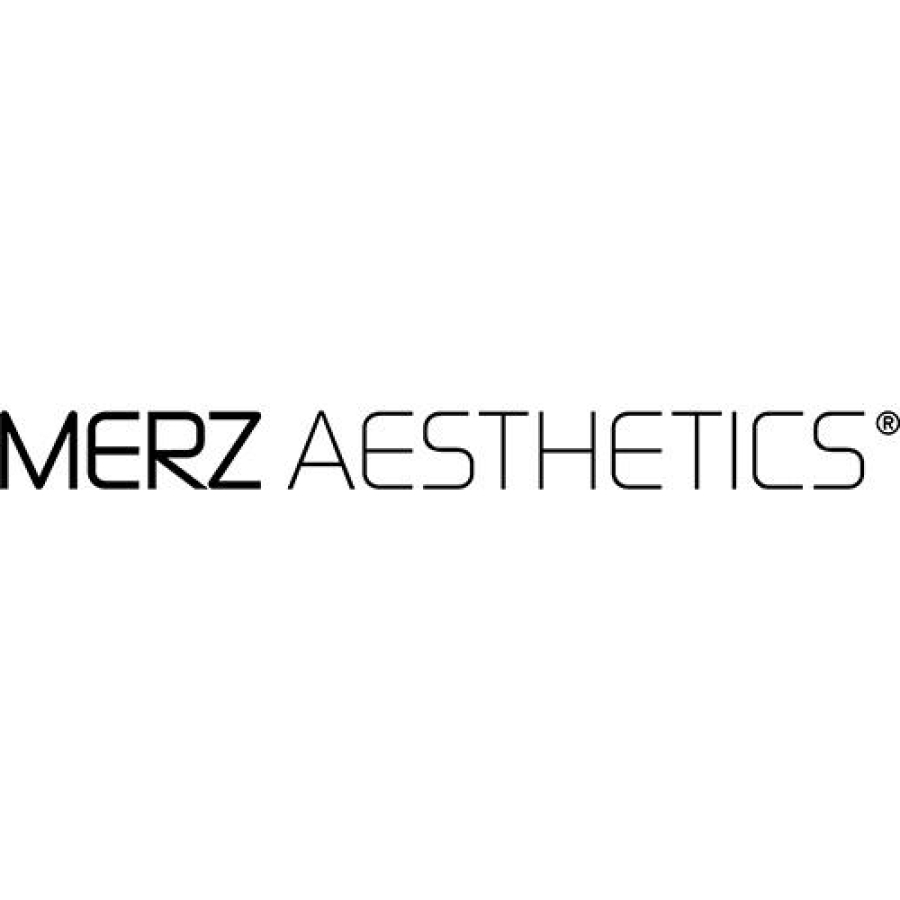
By Candace Noonan, DermaConcepts
The skin care industry is nurturing some very well educated and researched consumers. Researching a specific ingredient or idea is as easy as a few clicks on your computer. When I googled "vitamin C in skincare," the results are astonishing: about 66,500,000 results in 0.70 seconds.
But of all those results, what information should the consumer believe, what needs more research and what are marketing ploys to sell product based on almost-truths?
The best resource is always going to be scientific in nature, so look to peer-reviewed and published papers from places such as Google Scholar, as a start. But, if the scientific reading is too much to decipher, a trusted industry resource and expert can help translate the important and pertinent pieces.
- Vitamin C is an antioxidant: Sure, this one may not blow the top off your head, but there are some finer details about this fact that may. Vitamin C has the ability to neutralize many free radicals, especially when compared to another antioxidant powerhouse, vitamin E. But it also has the added benefit of recycling and regenerating oxidized vitamin E, thereby effectively boosting the benefits of vitamin E as an all-important lipid-soluble antioxidant charged with defending the cellular membrane. This is why you will often see these two vitamins together in a cosmetic formulation.
- Vitamin C builds collagen: Collagen production is carried out by the fibroblast cell nestled in the dermis. It is what gives the skin its structure, and we are all too familiar with this important fiber in the skin, because as we age, the degradation results in line and wrinkle formation. There are too many scientific studies to cite, but there is empirical evidence proving that there is a decrease in collagen synthesis when there is a vitamin C deficiency.
- Vitamin C can be used for skin brightening: Vitamin C is a tyrosinase antagonist. Tyrosinase is the rate-limiting enzyme in melanogenesis, catalyzing tyrosine through DOPA and DOPAquinone. This ultimately creates the pigment melanin. By using ingredients such as vitamin C that inhibit the melanogenesis process, one can significantly improve the look of pigmentation.
- It provides improved barrier function: In vitro studies show how vitamin C has an effect on how the skin cells differentiate, improving the structure of the stratum corneum with an ultimately improving barrier function. Your skin is therefore better equipped to be the barrier to the environment that it is designed to be.
- Formulation is important: Not all vitamin C is created equal. Different formulations have better or worse absorption into the skin, or shorter or longer shelf-lives. Vitamin C stability is significantly improved when a manufacturer opts for an encapsulated, fat-soluble vitamin C such as ascorbyl tetraisopalmitate. It is significantly more expensive, but worth it when one considers that you can get 10 times more vitamin C into the skin cell itself, and a more stable formulation that can last upwards of 12 months. The alternative, L-ascorbic acid, has a limited shelf life, is not readily absorbed and may cause irritation to sensitive skins or those prone to breaking out.
- Vitamin C is a natural sun protectant: We are aware that the most significant environmental damage to the skin comes on a daily basis from our exposure to the sun. The primary reason damage is caused by UV radiation exposure is from the creation of reactive oxygen species that, in turn, damage extracellular matrix components and affect both the structure and function of cells. Vitamins E, C and antioxidant enzymes help to quench these oxidants and repair the resultant damage.
Since the 1930's, when it was discovered as a remedy for scurvy, vitamin C has been under discussion. Its function for maintaining skin health and excellent antioxidant protection qualities have been well researched and concluded.
Candace Noonan is a licensed aesthetician and master trainer for DermaConcepts, exclusive distributor of Environ Skin Care in the U.S., and hosts advanced trainings on this pharmaceutical grade line. She holds certificates for internationally recognized programs such as Advanced Skin Analysis, Dermal Needling and Oncology Esthetics, and is a proficient public speaker at medical and skin care conferences throughout the U.S. Her belief is to never stop learning, in hopes of sharing the knowledge gained by her continued studies. Born in South Africa, and having personal experience battling melasma, she feels her passion for skin care is her biggest asset.












